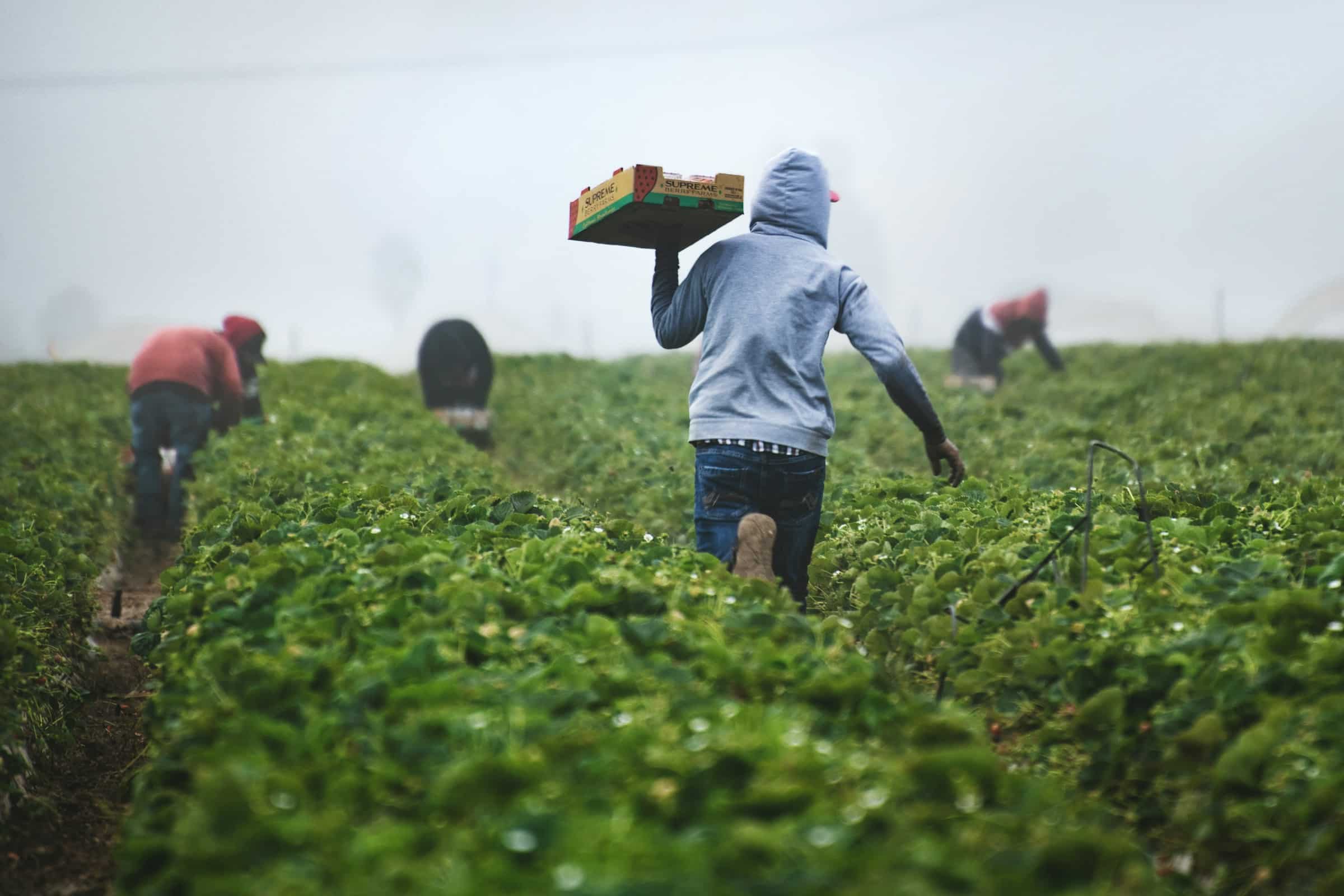What Are the Keys to Developing a Resilient UK Farming Sector Post-Brexit?

The UK’s departure from the European Union, known as Brexit, left an indelible mark on many sectors, but perhaps none more so than agriculture. The farming industry now faces challenges in policy shifts, funding transitions, and trade adjustments. However, this new landscape also presents opportunities for changes that could lead to a more resilient, prosperous and sustainable agricultural sector. How then, can farmers and policymakers harness these opportunities to ensure the future of agriculture in the UK post-Brexit? This article explores this crucial question.
Adapting to New Policies and Regulations
The crux of post-Brexit farming lies in the adaptation to new policies and regulations. Brexit has undoubtedly shifted the agricultural policy landscape in the UK. The EU’s Common Agricultural Policy (CAP), which used to dictate UK agricultural policy, is no longer applicable. Instead, the government has introduced the Agriculture Act 2020, which seeks to phase out direct payments based on land size and replace them with a system of "public money for public goods".
Avez-vous vu cela : All you need to know about Rome tourist passes
Farmers will have to familiarize themselves with these new policies and adapt their farming practices accordingly. This may include shifting towards more environmental and sustainable practices, which the new policy heavily incentivises. Farmers will also need to keep abreast with legal changes, such as those relating to environmental standards, animal welfare, and food safety, and ensure compliance.
Changes in Support Payments and Subsidies
Farmers are accustomed to receiving subsidies under the CAP, which have been pivotal in supporting farming income. However, the UK government plans to phase out these direct payments over a seven-year agricultural transition period, starting from 2021.
Avez-vous vu cela : How Can Drones Enhance Emergency Medical Services in Remote UK Areas?
Instead, the government is implementing the Environmental Land Management (ELM) scheme, which will reward farmers for sustainable practices and providing public goods such as better air and water quality, improved soil health, and increased wildlife habitat. The shift from a land-based subsidy system to a results-based one may require adjustments on the part of farmers.
However, these changes also present an opportunity for farmers to diversify their income streams, for instance, through agri-tourism or by providing environmental services. The government will also provide funds to help farmers invest in new technology and methods to increase productivity and profit margins.
Navigating Trade and Market Uncertainties
Brexit has led to changes in the UK’s trading relationships, especially with the EU. This has affected agricultural trade, with issues of tariffs, quotas, certification requirements, and border checks causing disruptions in supply chains.
However, these challenges also present opportunities for farmers. For instance, disruptions in supply chains can be mitigated by focusing more on local food production and short supply chains. By catering more to the local market, farmers can reduce their dependence on volatile international markets.
Promoting Sustainable and Environmental Practices
A key aspect of the UK’s new agricultural policy is the emphasis on sustainable and environmental practices. This shift is not only beneficial for the environment, but it can also help farmers build resilience in the face of climate change and market uncertainties.
Farmers should therefore seek to adopt sustainable practices such as organic farming, agroforestry, and conservation agriculture. Such practices can help improve soil health, increase biodiversity, and mitigate climate change, thus contributing to long-term agricultural resilience.
Preparing for the Future of Farming
Finally, it’s crucial for the farming community and policymakers to keep an eye on the future. This includes anticipating and preparing for trends such as the increasing use of technology in farming, changes in consumer preferences towards more sustainable and local food, and the impacts of climate change on agriculture.
Farmers and policymakers need to work together to ensure that the UK farming sector is not only able to adapt to these changes but is also at the forefront of driving them. This will require continuous learning, innovation, and collaboration among all stakeholders in the farming sector.
In summary, the keys to developing a resilient UK farming sector post-Brexit lie in policy adaptation, transitioning support payments and subsidies, navigating trade uncertainties, promoting sustainable practices, and anticipating future trends. While these changes may present challenges, they also offer opportunities for a stronger, more resilient, and sustainable farming sector in the UK.
Addressing the Specific Challenges of Northern Ireland
As Brexit unraveled, Northern Ireland faced particular challenges in its agricultural sector due to its unique position. Sharing a border with the Republic of Ireland, a still EU member state, has precipitated a unique set of challenges in terms of supply chains and regulatory divergence.
Farmers in Northern Ireland have expressed concerns about the introduction of checks and controls on goods moving from GB to NI, which could disrupt supply chains and potentially lead to increased costs. Moreover, the future of agricultural policy in Northern Ireland is still uncertain, with the region’s devolved administration having the power to decide its own agricultural policies.
However, much like the rest of the UK, there are opportunities to be harnessed. Northern Ireland’s farmers have the chance to direct their own future, creating an agricultural sector that is tailored to their specific needs and conditions. They could, for instance, opt for a more localised agricultural policy that emphasises local food production and short supply chains, reducing dependence on cross-border trade.
One interesting approach could also be the adoption of precision agriculture. This form of farming uses technology such as GPS, remote sensing, and data analytics, to improve efficiency and reduce waste. Precision agriculture could help Northern Ireland’s farmers increase their productivity, adapt to environmental changes, and improve their sustainability, thus contributing to long-term resilience.
Securing Food Security and Climate Change Mitigation
The long term goal for any agricultural sector should be twofold: securing food security and addressing climate change. The UK’s post-Brexit agricultural policy should reflect these priorities.
Food security is not just about producing enough food, but also ensuring that all people have access to sufficient, safe, and nutritious food. Therefore, the UK’s agricultural policy should aim to promote farming practices that are not only productive but also sustainable and resilient to future shocks. The UK’s National Farmers Union (NFU) has highlighted the need for a transition period to allow farmers to adapt to new policies and practices, ensuring food security is not compromised.
Equally important is the role of agriculture in climate change mitigation. The UK’s agricultural sector has a significant role to play in achieving the country’s net-zero emissions targets. For instance, sustainable farming practices such as agroforestry can help sequester carbon, while improving water quality and biodiversity. Moreover, the UK government’s transition from the basic payment scheme to a new environmental land management scheme can incentivise farmers to adopt these practices.
In fact, a study by the UK’s Department for Environment, Food and Rural Affairs (DEFRA) found that by adopting sustainable practices, farmers could reduce their emissions by up to 20%, contributing significantly to the UK’s climate goals.
Conclusion:
The UK’s departure from the EU has indeed brought about significant changes and challenges to the agricultural sector. However, these changes also open up opportunities for a more resilient and sustainable agricultural sector. By adapting to new policies, transitioning support payments, navigating trade uncertainties, addressing specific challenges in regions like Northern Ireland, enhancing food security, and playing a proactive role in climate change mitigation, the UK’s farming sector can thrive post-Brexit.
The future of farming will undoubtedly require adaptability, innovation, and a commitment to sustainable practices. However, with the right policies in place and a collective effort from all stakeholders, the UK farming sector has a promising future ahead. The key is to view these changes not as hindrances, but as catalysts for a stronger, more resilient, and more sustainable farming sector that can secure the nation’s food security, contribute to climate goals, and drive the country’s economic prosperity.
